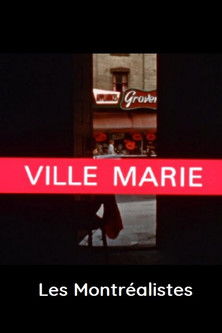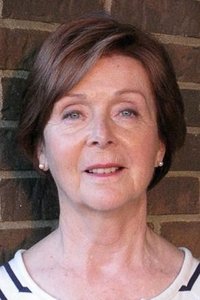Ville-Marie
Genres
Documentary
OverView
Today it is the city of Montreal, but 3 centuries ago the tiny band of missionary founders called it Ville-Marie, the holy city of Mary. This film goes back to its beginning and those who felt called to plant an oasis of Christianity in the North American wilderness. In an imaginative, at times almost surrealistic, way the film recalls the highborn company from France, and shows what survives of Ville-Marie in the Montreal of today.
Others
Budget
$--
Revenue
$--
Status
Released
Original Language
French
Runtime
28 mins
Rating
0/10
Release Date
01 January 1965
Country
Canada


